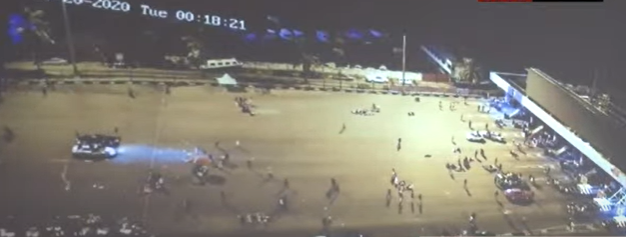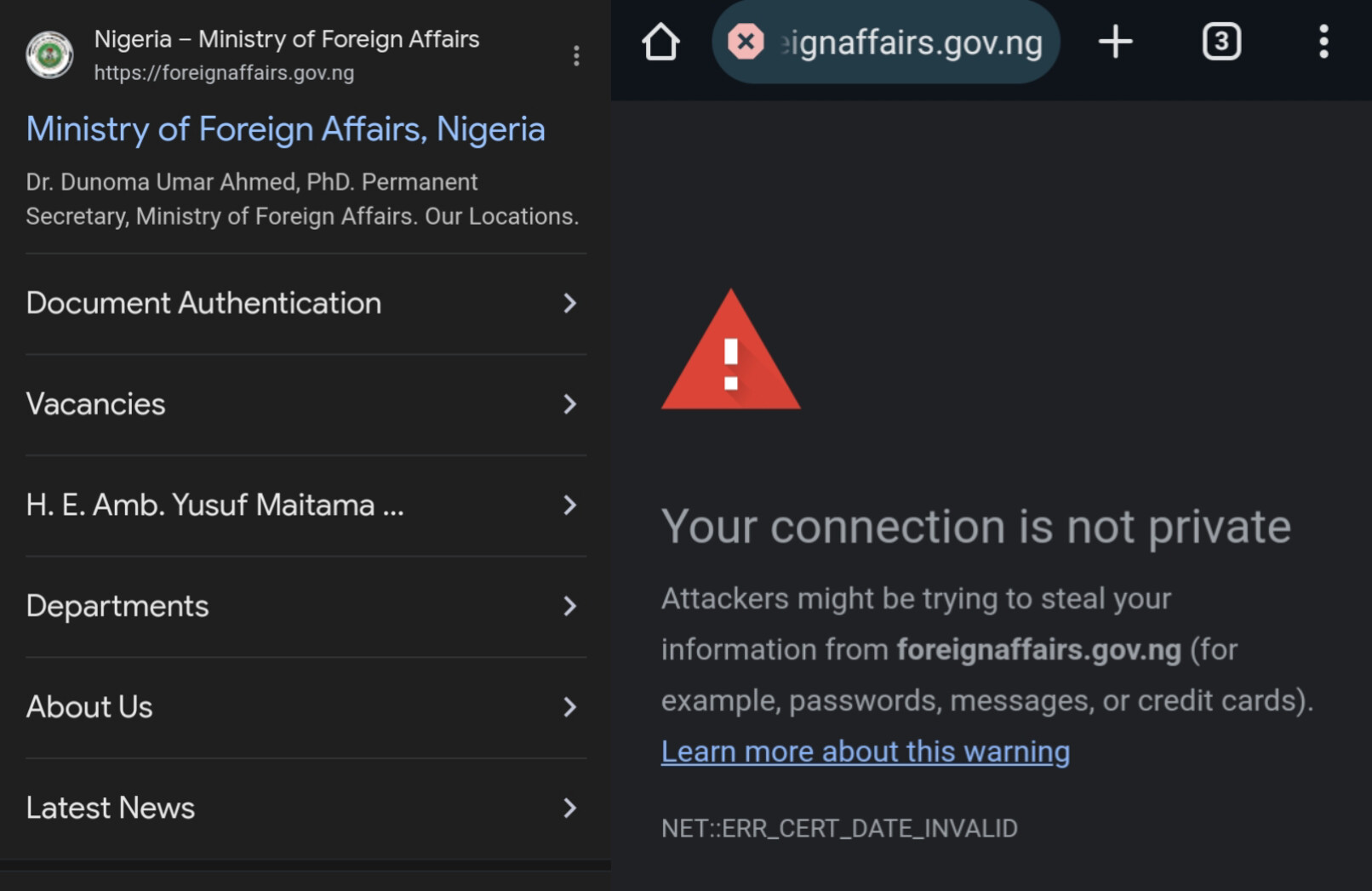
The Lagos State judicial panel on restitution for victims of SARS related abuses resumed sitting on Saturday with the continuation of the testimony of an EndSARs co-ordinator, Serah Ibrahim.
Serah came along with several videos, some of which she said she shot personally with her iPhone.
One after the other, she played the videos which according to her demonstrates that soldiers shot at peaceful protesters on the night of October 20.
As she played the videos, she explained to the panel that soldiers shot at the harmless protesters and even took away some of the dead bodies.
She specifically mentioned that one of the active protesters, Lekan Sanusi was thought to be dead and the soldiers took away his body.
She later found out that he was taken to MRS Hospital at Bonny camp where an unidentified nurse helped him to escape.
Serah also played videos of some persons who suffered gunshot wounds from bullets allegedly shot by the military with protesters surrounding them and trying to tend to their wounds.
When asked if she could authenticate the videos as to the time they were taken and the location, she mentioned that anyone could do this using Google Drive and she proceeded to demonstrate how it could be done.
The videos of two mothers who claimed to have lost their children at the protest ground were also played.
The videos were contained in the flash drive Serah Ibrahim tendered at the last sitting of the panel.
Serah is expected to continue her testimony on May 15.
Serah’s testimony is the latest development in the controversy that has trailed the events at the Lekki toll gate on the night of October 20.
The army has repeatedly denied that it fatally shot at protesters and the Federal Government has said reports of a massacre at the toll gate was fake news.
“The purveyors of fake news and disinformation succeeded in deceiving the entire world that there was mass killing in Lekki, even when till date, not a single body has been produced and not a single family or relative has come out to say their child or ward was killed at Lekki toll gate,” Minister of Information, Lai Mohammed, said at a press briefing in November.
But witnesses, including Nigerian songwriter and musician, Obianuju Udeh, better known as DJ Switch, have insisted that the army took away bodies at the protest ground.
Amnesty International reported that 10 persons died during the event, a figure disputed by the Nigerian government.
The US government, in a human rights report released in March, said “accurate information on fatalities resulting from the shooting was not available” as at the end of 2020.
The EndSARS protests were one of the largest street demonstrations since Nigeria returned to democracy in 1999.
The protests, mostly championed by young people, started as a campaign against police brutality but quickly metamorphosed into a rallying cry against bad governance.


